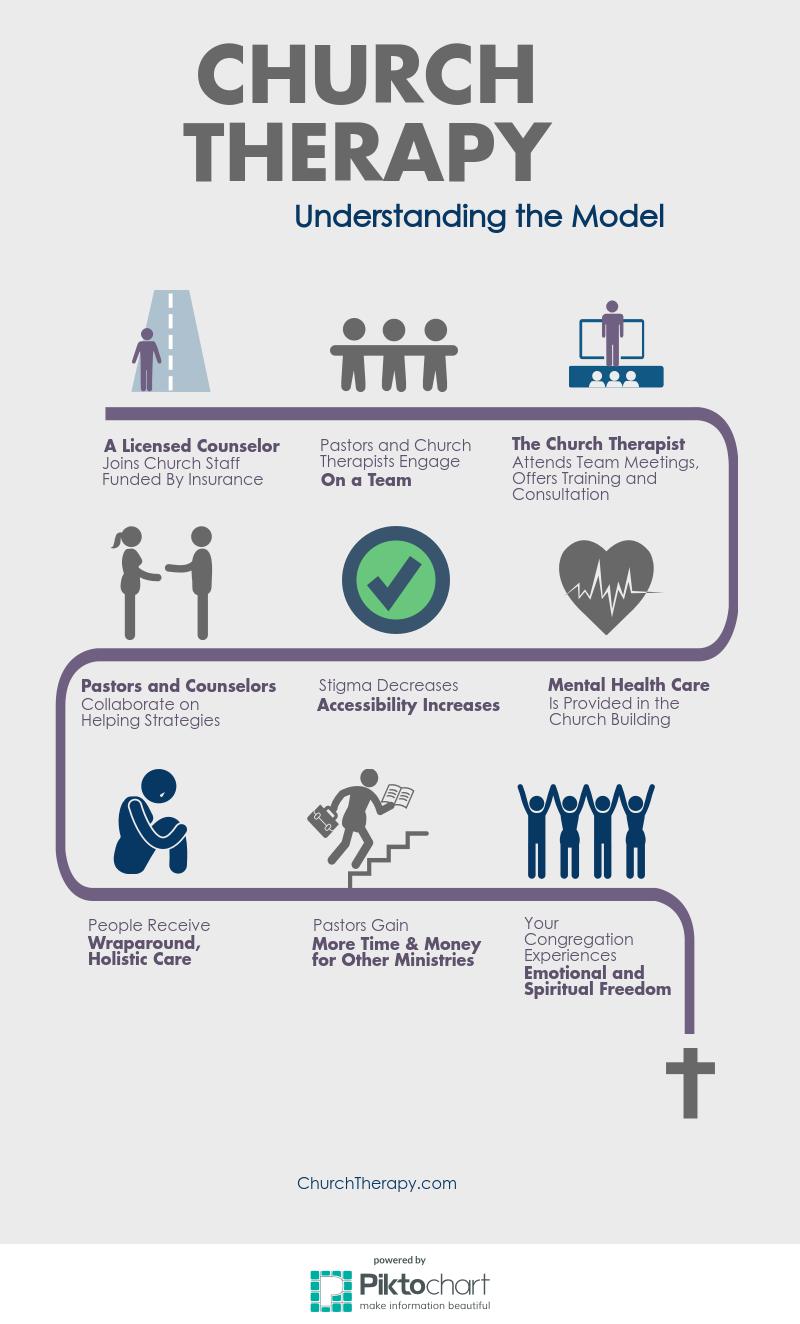As we begin Advent, I consider the themes of Hope, Peace, Joy and Love. Each week of Advent I will post a brief devotional thought connecting the struggles of emotional/mental health with one of these themes.
Psalm 119:147 (NLT) – “I rise before dawn and cry for help; I have put my hope in your word.”
Have you ever experienced a season in which your life sounds like this verse? You wake while it is still dark, you are in desperate need of help before the day even begins, and the only thing you have left is some flickering hope that maybe God will come through on what He has said He will do. For some, these struggles last for more than just a season, and it is in this wrestling that we truly understand hope.
Hope is not a feeling. When we mistakenly treat it like a feeling, we rely on the wrong things to make us feel better. Hope is an attachment to something outside yourself that is bigger than you. Hope is a belief that something might get better someday. Hope is the idea that today’s struggle is not the end of your story.
This week as we begin Advent, take a moment to reflect on what brings you hope. Is there anything you cling to in the midst of pain and struggle that keeps you in the fight? We know that one symptom of depression is hopelessness — when the depth of darkness is so severe that you have no strength left to cling to anything. If that is your experience, please reach out to a professional counselor for help. These symptoms are treatable and can get better with guidance, self-care and sometimes medication. New Life Ministries (1-800-NEW-LIFE) keeps a national list of Christian counselors and may be a helpful starting point. At times I tell my clients that when they are unable to carry hope for themselves, I will carry it awhile for them. May we all as Christian brothers and sisters extend this grace to each other daily.









